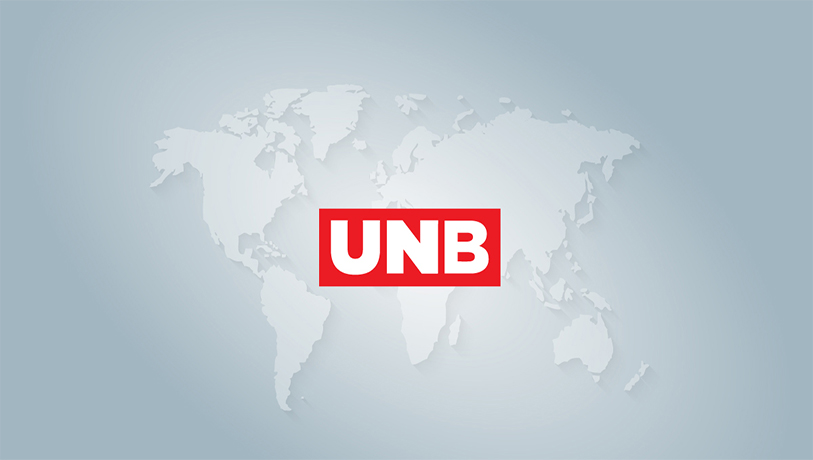In New Zealand and South Africa the opening of the season on Friday may at best evoke a mixture of surprise and indifference.
In both countries the cricket season is in full swing: New Zealand will play a Twenty20 cricket international against India in Wellington at the same time as the Chiefs and Blues will play the first match of the Super Rugby season.
South Africa is engaged in a test cricket series against England as it's rugby teams, stripped of many of their leading players, attempt to build on last year's World Cup success.
Super Rugby's increasingly early incursions into the summer season — the Jan. 31 start is the earliest in the tournament's 25-year history — are seen by many fans as unwelcome.
South Africans have had barely three months to celebrate their team's Rugby World Cup victory before another season begins.
New Zealanders have had little chance to process the disappointment of the All Blacks' semi final exit at the World Cup before Super Rugby demands their renewed attention.
Rugby in Japan achieved its highest-ever profile with the successful hosting of the World Cup and the giant-killing efforts of the Japan national team. Japanese fans now face a Super Rugby season at the end of which the Tokyo-based Sunwolves will be unceremoniously booted from the competition.
Argentina may have some optimism for the Jaguares who made history last year by reaching the Super Rugby final for the first time, though that didn't lead to the success at international level that had been expected.
In Australia, the season begins as the national governing body is in negotiation over broadcasting rights to rugby for the next five years. The outcome of those negotiations might be pivotal to rugby's future in Australia.
Australians like winners and rugby has provided few in recent years. The Wallabies bowed out of the World Cup in the quarterfinals and no Australian team has won the Super Rugby title since 2014.
Reports suggest there is a wide discrepancy between what Rugby Australia thinks the sport is worth and what pay TV broadcasters may be willing to pay as audiences dwindle and the national body pushes for more free-to-air matches.
New Wallabies coach Dave Rennie also has a tough task to rebuild this season after the depatrures of many leading players to clubs in Japan and Europe.
South Africa has also faced the dispersal of top players to northern hemisphere clubs. As an example last year's best South African team, the Pretoria-based Bulls, have lost flyhalf Handre Pollard, center Jesse Kriel, backrower Duane Vermeulen, locks Lood de Jager and R.G. Snyman and hooker Schalk Brits.
The Cape Town-based Stormers have bucked the trend, sparing no expense to retain Springboks captain Siya Kolisi along with World Rugby Player of the Year Pieter-Steph du Toit.
In New Zealand, the early-season appearances of All Blacks who remain after the World Cup will be limited, dulling the impact of the season start. Most attention will focus on flyhalf Beauden Barrett who has left the Wellington-based Hurricanes for the Auckland-based Blues, raising hopes he will lift that team's performance.
The All Blacks also have a new coach but the appointment of former assistant Ian Foster has done little to spark excitement among fans.
